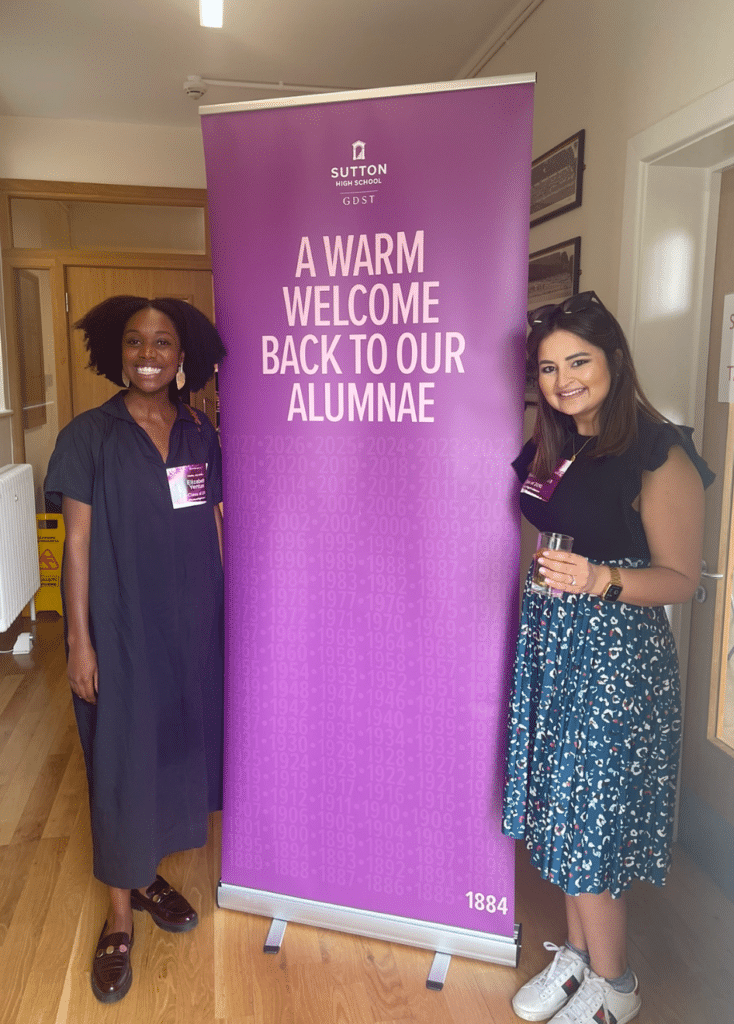Sociology (Year 12)

Exam Board
AQA
What will you study?
Foundational concepts in Sociology
Theories of Education
Differences in educational achievement
Research Methods
Differences in educational achievement; Processes within schools; Educational policy; Theories of the Family; Family Policy; Research Methods
Changing family patterns; Family diversity; Childhood; Couples; Demography; Research Methods
Useful tips and resources
Suggested additional study activities:
• Vocabulary Lists
• Key Author Sheets
• Watching Question Time, Panorama and the News to keep abreast of contemporary issues.
• Internet research on news or contemporary issues surrounding the course.
• Investigation of Social Trends database
• Practice Questions / Essay Plans
• Producing timelines of key events to aid revision
• Re-reading chapters covered in class
• Subscribing to and reading Sociology Review – school copies are in the library.
• Visiting the school Library or your local library and make use of its Sociology resources for wider reading (I can recommend both fiction and non-fiction that is relevant)
• Watching recommended sociological films, documentaries and TV programmes
• Listening to sociological podcasts
Recommended additional textbooks:
• Browne, Ken (2015) Sociology for AQA Volume 1 (Polity Press: Cambridge)
• Browne, Ken (2016) Sociology for AQA Volume 2 (Polity Press: Cambridge)
• Chapman, Steve (2015) Sociology AQA A Level Year 1 and AS [5th Edition] (Collins: London)
• Chapman, Steve (2016) Sociology AQA A Level Year 2 [3rd Edition] (Collins: London)
• Giddens, Anthony (2017) Sociology [8th Edition] (Polity Press: Cambridge)
• Haralambos, Michael (2013) Sociology Themes and Perspectives [8th Edition] (Collins: London)
Recommended support materials:
• Beeden, Alexandra (ed.) (2015) The Sociology Book (Big Ideas) (DK)
• Scott, John (2014) A Dictionary of Sociology [4th Edition] (OUP: Oxford)
Primary Sources:
Adorno.T & Horkheimer.M, “Dialectic of enlightenment”
Althusser.L, “Reading capital”
Armstrong.K “The Battle for God”
Bates.L, “Everyday sexism”
Bauman.Z, “Postmodern ethics”
Bauman.Z & Lyon.D, “Liquid surveillance”
Beck.U, “Risk society”
Becker.H, “Outsiders: Studies in the Sociology of Deviance”
Benedict.R, “Patterns of culture”
Berger.P, “Invitation to sociology”
Berger.P “The social construction of reality”
Blumer.H, “Symbolic interactionism: perspective and method”
Bourdieu.P, “Distinction: a social critique of the judgement of taste”
Braverman.H, “Labour and monopoly capital”
Castells.M, “The urban question”
Chomsky.N, “How the world works”
Cohen.S, “Folk devils and moral panics”
Coleman.J, “Foundations of social theory”
DeBeauvoir.S, “The second sex”
Dines.G, “Pornland”
Dobash.R & Dobash.R, “Women, violence and social change”
Durkheim.E, “Suicide”
Durkheim.E, “The elementary forms of religious life”
Durkheim.E, “The rules of the sociological method”
Ehrenreich.B & Hochschild.A, “Global woman”
Elias.N, “The civilising process”
Fevre.R & Bancroft.A, “Dead white men & other important people”
Foucault.M, “Discipline and punish: the birth of the prison”
Garfinkel.H, “Studies in ethnomethodology”
George.S, “The debt boomerang”
Giddens.A, “The constitution of society”
Giddens.A, “The consequences of modernity”
Giddens.A, “Runaway World”
Gilbert.N & Stoneman.P, “Researching social life”
Glenny.M, “McMafia”
Goffman.A, “On the run”
Goffman.E, “The presentation of the self in everyday life”
Goffman.E, “Asylums”
Goffman.E, “Stigma”
Gramsci.A & Forgacs.D, “A Gramsci reader”
Greer.G, “The female eunuch”
Habermas.J, “The theory of communicative action”
Habermas. J, “Knowledge and human interests”
Hall.S & Evans.J, “Representation: cultural representations and signifying practices”
Hochschild.A, “The second shift”
Howard Griffin.J. “Black Like Me”
Humphreys.L, “The tearoom trade”
Jenks.C, “Childhood”
Jones.O, “Chavs: the demonization of the working class”
Jones.O, “The establishment and how they get away with it”
Kaag.J & Kreps.S, “Drone warfare”
Kristof.N & WuDunn.S, “Half the sky”
Kuhn.T, “The structure of scientific revolutions”
Lansley.S & Mack.J, “Breadline Britain”
Lewis.B. “The Crisis of Islam”
Lumsden.K, “Boy racer culture”
Marsh.I & Campbell.R, “Classic & contemporary readings in sociology”
Marx.K and Engels.F. Marx.K and Engels.F. “The communist manifesto”
Marx.K, “Capital: a critique of political economy”
McKenzie.L,
Useful Websites
• Social trends
• Statistics GOV – this resource contains national statistics for the UK covering most areas of the course.
• BBC – this can be a complicated site to move around but once mastered it will keep you up to date with recent news events and provides images.
• AQA – on this site you can access past papers and mark schemes completely free. An essential resource.
• ATSS
• S Cool – a simple but popular revision site.
• E Sociology – a general site offering access to power point presentations on the areas we cover at AS and A2.
• JRF – The Joseph Rowntree Foundation is one of the largest independent social policy research and development charities in the UK
• ESDS – this is the General Household Survey used by government to plan and make policy decisions.
• ENG – provides a good overview of the history of the education system and puts the current policies and curriculum changes into a context.
• Womens aid – this is a charity working for the safety of women and children in the home.
• DWP – this is the government department that will give you an insight into work, pay and benefits available to families and individuals
• This website rounds up recent articles and information.
• Social Sciences Podcast Bites.
• Sociology Podcasts and Articles.
• Sociology Radio Programme – Thinking Allowed.
• Oxford University Sociology Podcasts
• Sociological Imagination Podcasts
• New Books in Sociology Podcast
• London School of Economics Podcasts
• Discover Society.
What super curricular activities can KS5 students engage with at school for your subject?
Mock Trial – Autumn and Spring term
Sorry – think I’ve included this in the above boxes? The primary sources got cut off so am putting them here.
McKenzie.L, “Getting by:estates,class and culture in austerity Britain”
Mead.G, “Mind,self and society”
Merton.R, “Social theory and social structure”
Moore.B, “The social origins of dictatorship and democracy”
Moran.C, “How to be a woman”
Murray.C, “The Emerging British Underclass”
Oakley.A, “Housewife”
Palmer.S, “Toxic childhood”
Parsons.T, “The structure of social action”
Parsons.T, “The social system”
Patrick.J, “A Glasgow gang observed”
Phipps.A, “The politics of the body”
Piketty.T, “Capital in the twenty-first century”
Popper.K, “The logic of scientific discovery”
Reiman.J, “The rich get richer and the poor get prison”
Redfern.C & Aune.K, “Reclaiming the F word”
Simmel.G, “Sociology”
Slaughter.Anne-Marie. “Unfinished Business: Women men work family”
Smart.C, “Personal life”
Stiglitz.J, “Globalisation and its discontents”
Taylor. I, “Revolting subjects”
Taylor.M, “Imagologies”
Tressell.R, “The ragged trousered philanthropists”
Ventakesh.S, “Gang leader for a day”
Wallerstein.I, “The modern world-system”
Walter.N, “Living dolls”
Weber.M, “The protestant ethic and the spirit of capitalism”
Weber.M, “The methodology of the social sciences”
Willis.P, “Learning to labour”
Wolf.N. “The Beauty Myth”
Wright Mills.C, “The sociological imagination”
Young&Wilmott, “Family and Kinship in East London”

